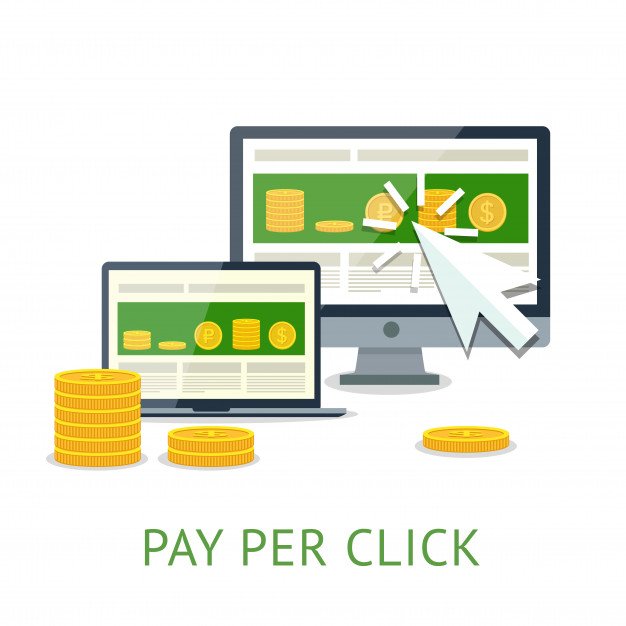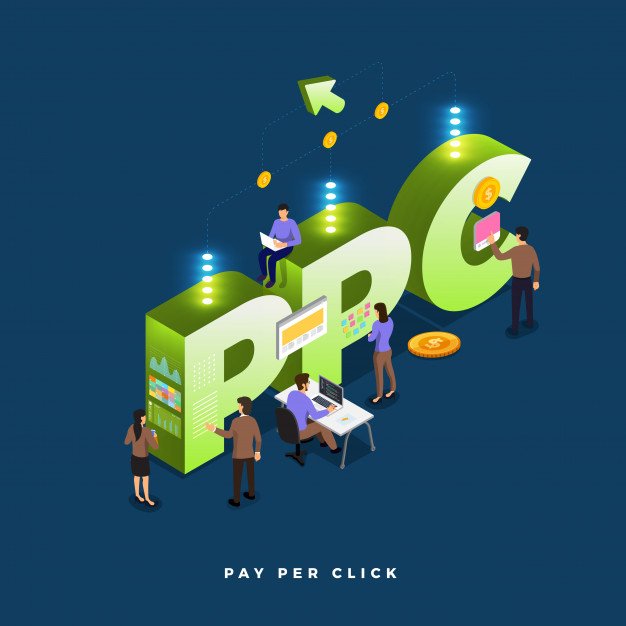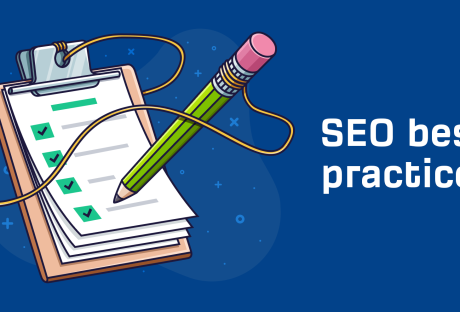PPC can be difficult to get right, particularly if you have a limited level of experience, but with a detailed plan as well some planning beforehand you can create a campaign that delivers outstanding results. In this article, we will be looking into some of the tips and tricks at your disposal to deliver great PPC results.
Choose The Perfect Bidding Strategy For PPC

Time Your Ad Placement Perfectly
Though bidding on keywords is essential to a successful campaign, the time that the ad is showing can make or break the campaign. This needs to be perfectly timed to coincide with the target audience to ensure the best possible results. Therefore, a corporate target market will be on their phones or commuting early in the morning and later on in the evening, this, therefore, means that you will put your advertisement up at these times. However, a younger target audience will need to be marketed between school hours and at lunchtime for the best possible results.
Use Dynamic Keyword Insertion To Your Advantage
Dynamic keyword insertion is one of the ways that you can improve click-through rates to your website when running a PPC campaign. This is a clever strategy particularly for smaller businesses as you are making any links in home pages look natural whilst generating call to actions that are engaging. This is important when running a PC campaign as you want the best possible results to capture as much of the organic traffic as possible for the money that you are paying to be advertised on the first page of Google.
Keep Trying And Testing
Though PPC is beneficial on its own, it can also be used alongside an SEO strategy to provide faster results and capture more of organic traffic. Whether you are running it as a stand-alone campaign or as part of a collective it is important to try and test a number of different keywords as well as call to actions. This is important when looking to generate quality leads as different keywords may have a differing search volume. Though this can take time to get the perfect combination of keywords and call to actions, this will benefit you in the long term when it comes to campaign success.
With this in mind, there are a number of ways that you can improve the outreach of your PPC campaign and deliver an outstanding return on investment when timing is right. Where will you start with your next PPC campaign?
Read Also :
-
Top 4 Reasons To Outsource White Label PPC For Your Business
-
Organic Traffic Vs. Paid: Where Should You Focus Your Budget?






















